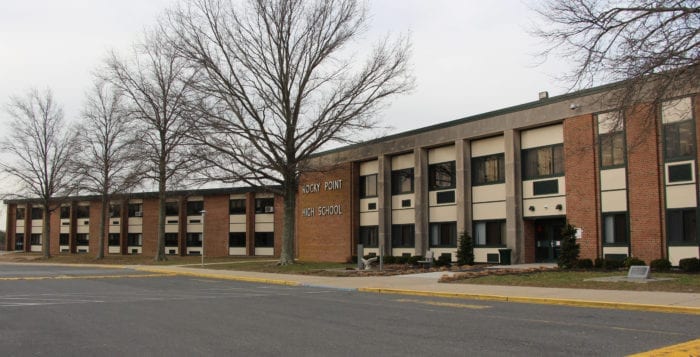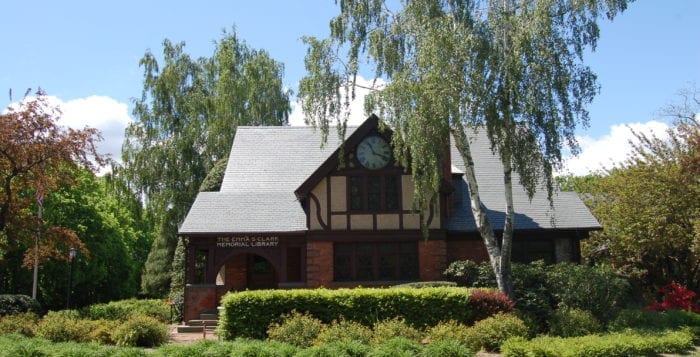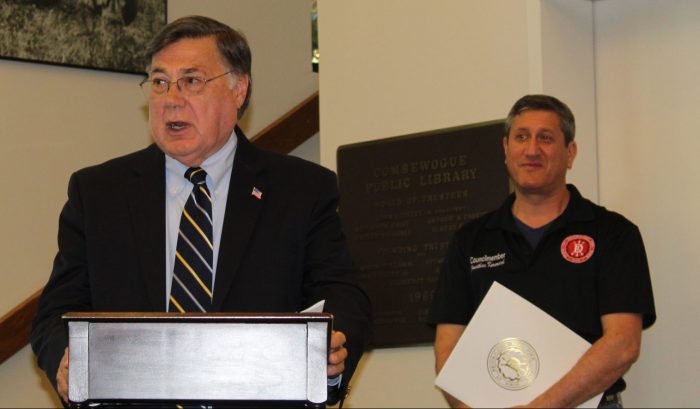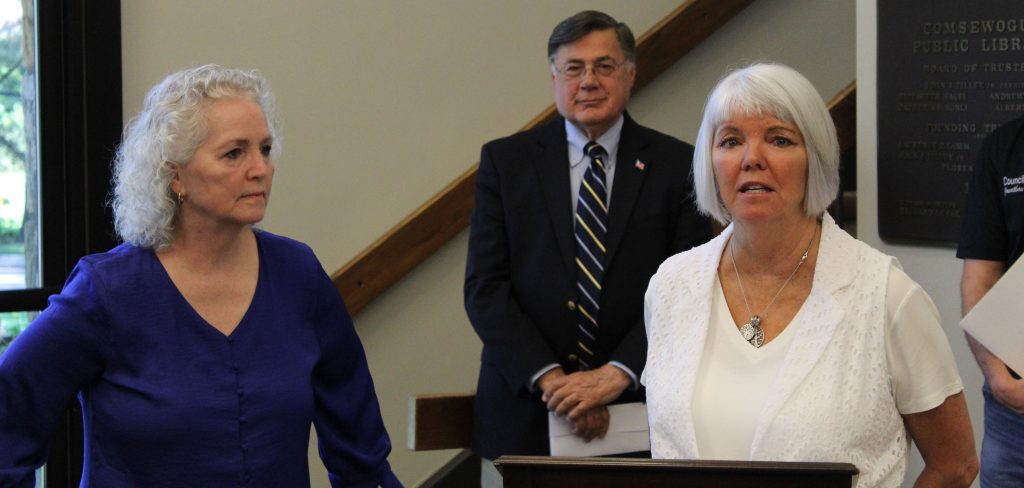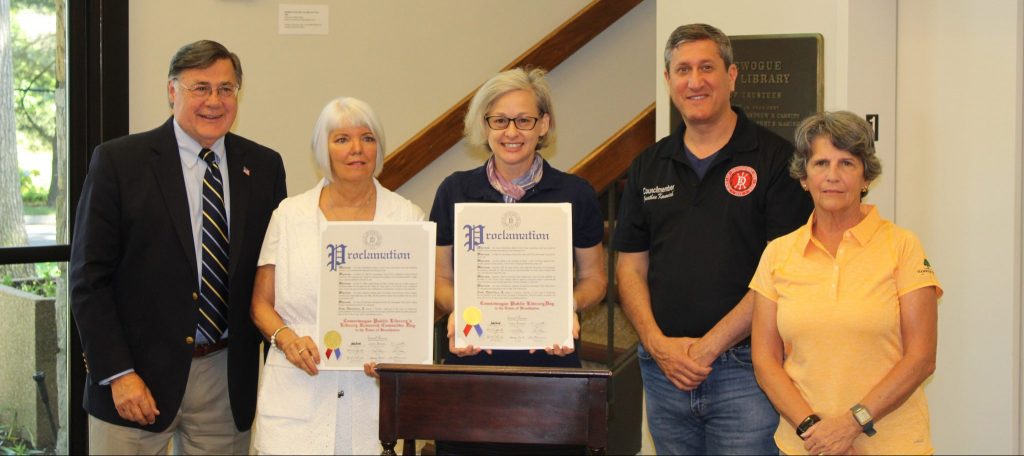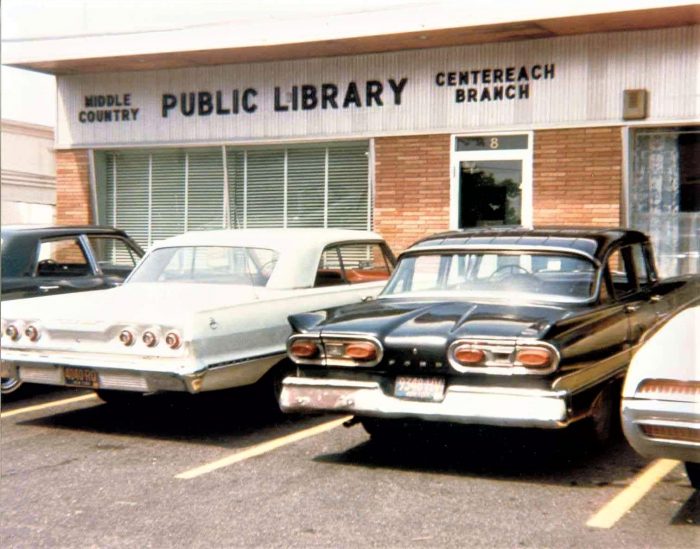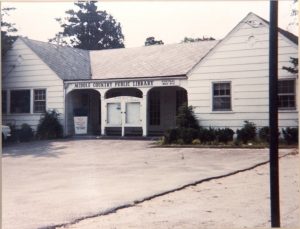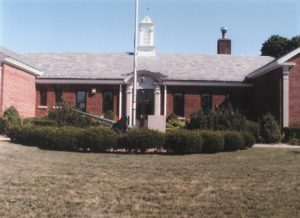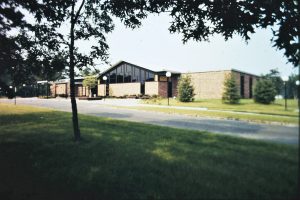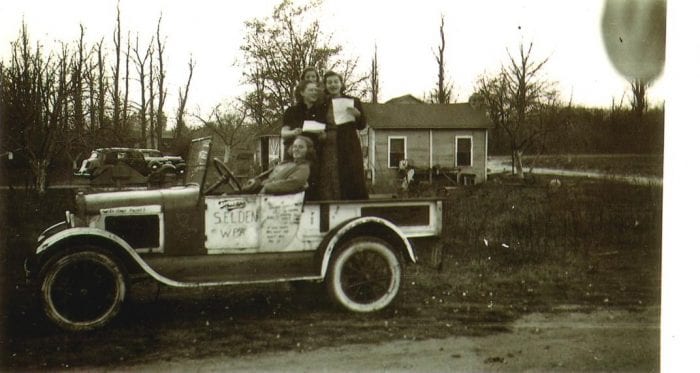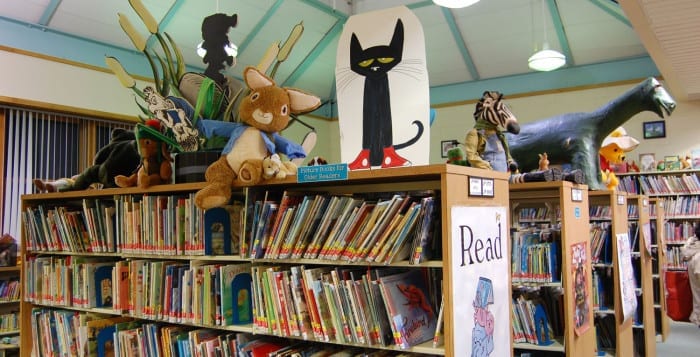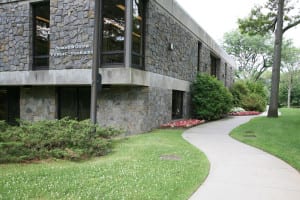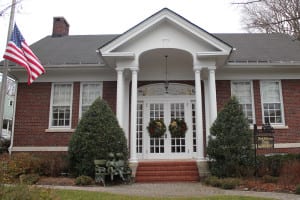By Stephanie Giunta
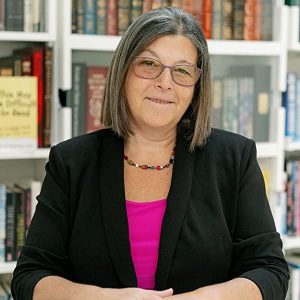
March is designated as National Reading Month, in honor of Dr. Seuss’s birthday. It’s a month where Americans of all ages are encouraged to read every day and recognize the enjoyment and fun derived from one of life’s greatest pastimes. Most importantly, it’s a great time to reinforce the beauty and adventure associated with reading to young children. And that’s exactly what Claire N. Rubman is conveying to parents in her new book, This May Be Difficult to Read: But You Really Should (For Your Child’s Sake).
Rubman, a cognitive developmental psychologist, teacher, and Three Village resident for 30+ years, has seen the first-hand struggle of chronic reading problems that impact children and can follow into young adulthood. Credentials aside, as a mother of three children, she truly believes that the key to eliciting meaning behind reading and creating a comprehensive relationship with text can be achieved by taking a rather simplistic approach: make reading fun — for both parents and children.
In the hustle and bustle of everyday life, especially in the post-pandemic world that we live in, reading has become less of a priority. Most families live in dual-income homes, race the clock to complete work, start the nighttime routine, and relax. But Rubman notes that reading should be integrated into the daily structure of the home, so that it is as relaxed as a dinner table conversation.
When reading is so closely-intertwined into everyday life and isn’t viewed as a structured event, the mysteries and adventures through print and text become constant fixtures in the family setting, promoting stimulation and critical thinking in children’s minds. Rubman suggests replacing decoding with imagination; letting children explore pictures and words, bringing character development to life. And you, as the parent, are there to cheer them on through the process — regardless of their literary independence.
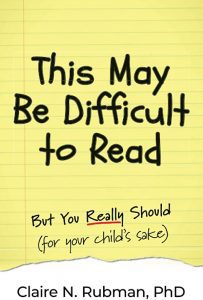 To create the need to read, we need to better understand how children process information. “Children are not little adults. They process information much differently than we do. They are taught how to spell, what words are, but not to put the entire process together,” says Rubman. This level of research is what prompted the creation of her book — to demystify the differences between reading and reading comprehension in young children. Children need the proper background information and context to truly understand what they are reading. They have phenomenal memories and rote repetition can yield positive levels of reading comprehension, but to Rubman’s point, that doesn’t mean they understand or appreciate the context.
To create the need to read, we need to better understand how children process information. “Children are not little adults. They process information much differently than we do. They are taught how to spell, what words are, but not to put the entire process together,” says Rubman. This level of research is what prompted the creation of her book — to demystify the differences between reading and reading comprehension in young children. Children need the proper background information and context to truly understand what they are reading. They have phenomenal memories and rote repetition can yield positive levels of reading comprehension, but to Rubman’s point, that doesn’t mean they understand or appreciate the context.
So, this is where parents have to step in.
Reading is the linchpin of all future learning, and though it is taught in the classroom, it needs to be celebrated within the home. Dedicating 1:1 interaction with children from a young age can show how beautiful reading is: a much more stimulating activity than passively watching TV as a family. To do this, we need to engage in a ‘reading renaissance’ and move our relationship with it into the 21st century.
Moreover, Rubman notes that we need to slow down and enjoy the journey as parents, which ties directly into a healthy relationship with reading. Parents must focus on the big picture — the adventure and enjoyment associated with reading — as opposed to the narrow, nitty gritty of cognitive development. All children learn at different paces and will achieve educational milestones at different times. That being said, parents need to take a breath and appreciate parent/child bonding for what it is, and how reading can further enhance that bond.
This May Be Difficult to Read is aimed to be a hopeful catalyst for parents to make positive changes at home; to meet their children at their level and learn how reading can be made enjoyable again; to create a child-centered family, embrace mistakes and celebrate differences in trajectory. Parents should learn to think as their children think, and process as they process. They should let their children lead, and learn to follow them throughout every step on their journey.
The greatest drop in reading has occurred in the last 50 years, and Rubman is trying to turn it around by reinstating emotional value as a key ingredient in the educational recipe; by rewarding the effort and not the outcome; by helping parents help themselves; by making a trip to the library just as fun and important as going to get ice cream or a new toy.
In our interview, Rubman left me with an insightful nugget: “Play soccer because it’s fun to play soccer — not to get on the travel team, not for college.” Parents need to set the bar to make reading into the recreational activity that it is — not a chore or step towards a greater goal. It’s an adventure, an escape from reality … a chance to learn something new … because childhood hobbies typically turn into adulthood passions; and the love of reading is a true, generational gift that we need to keep giving.
—————————————–
This May Be Difficult to Read: But You Really Should (For Your Child’s Sake) is the recipient of a Kirkus star, a 2023 National Parenting Product Award, Mom’s Choice Gold Award, earned “Recommended” status from U.S. Review of Books, and a received a 2023 Independent Press Award as “Distinguished Favorite” in Education. The book is available at Amazon.com and BarnesandNoble.com.


